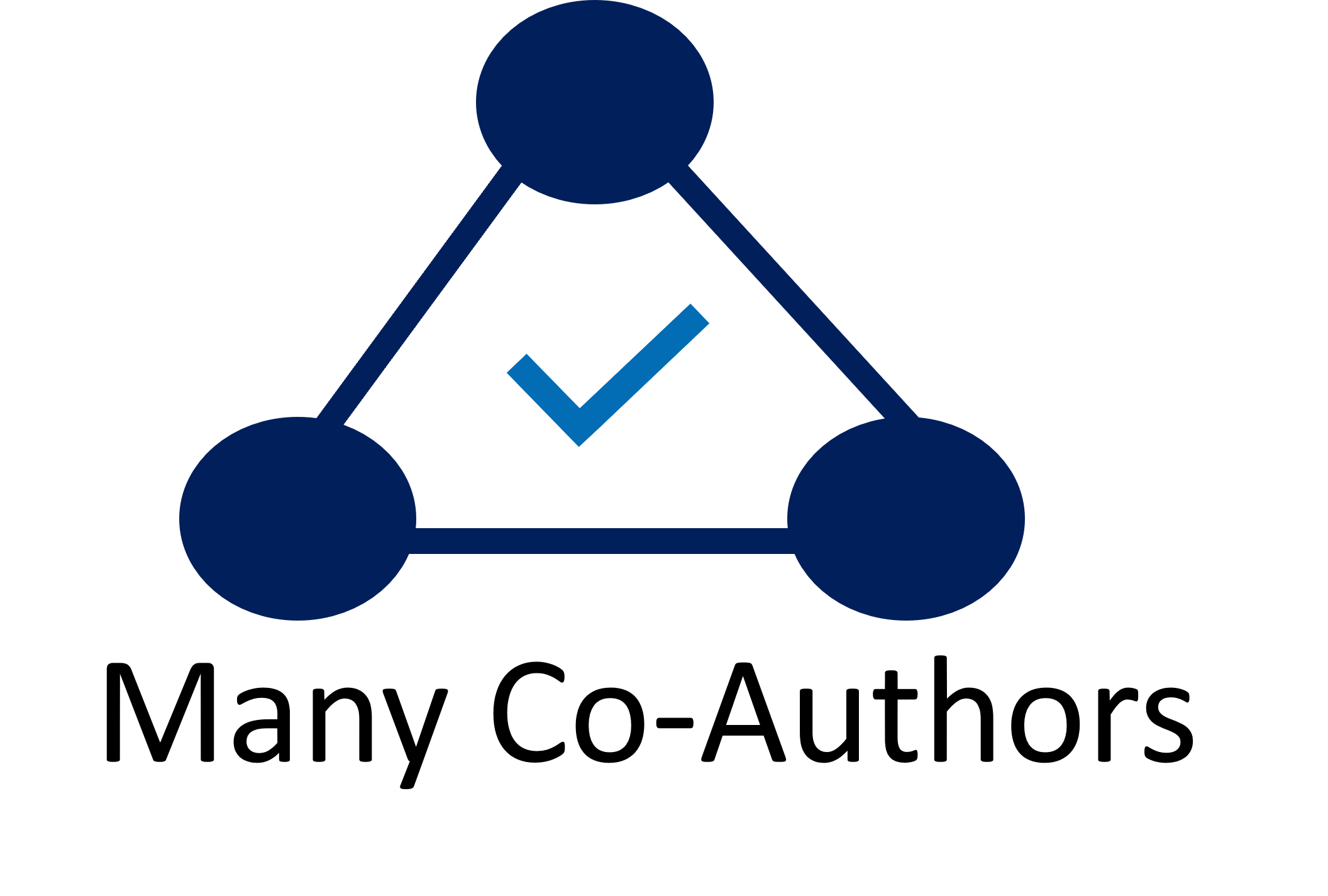

| Gino involved in data collection? |
Co-authors have/had raw data? |
Data for reproducing results available? | |
|---|---|---|---|
| Experiment 1 | Yes (1) |
No (1) |
Only authors (1) |
| Experiment 2 | Yes (1) |
No (1) |
Only authors (1) |
| Experiment 3 | No (1) |
N/A (1) |
N/A (1) |
| Experiment 4 | No (1) |
N/A (1) |
N/A (1) |
| Gino involved in data collection? | Co-authors have/had raw data? | Data for reproducing results available? | |
|---|---|---|---|
| Experiment 1 | Yes | Never | Yes, but not posted |
| Experiment 2 | Yes | Never | Yes, but not posted |
| Experiment 3 | No | -- | -- |
| Experiment 4 | No | -- | -- |
Francesca ran Experiments 1 and 2. I have SPSS files that she sent me, and I was able to reproduce the key results using those data, but I never had access to the raw data. Like the other experiments, those two supported the hypotheses for the main effect of gratitude expression on prosocial behavior and the mediating role of social worth, but did not support the hypothesis about the mediating role of self-efficacy. On the one hand, it is noteworthy that some of the effect sizes in those two experiments are large. On the other hand, there are differences in the designs that may account for these discrepancies. Those two experiments have a stronger gratitude manipulation (the absence of gratitude in the control condition is tantamount to rudeness) and a binary rather than continuous dependent variable. I am exploring the possibility of replicating these experiments.
In the meantime, in reviewing the subsequent literature, I have identified a number of papers that conceptually replicate the results. Notably, four field experiments demonstrate positive effects of receiving gratitude expressions on prosocial behaviors (voting in Panagopoulos, 2011; information-sharing in Riskin, Bamberger, et al., 2019), two dictator game experiments identify positive effects of gratitude expressions on prosocial resource allocations (Kong & Belkin, 2019), and two experiments demonstrate that gratitude expressions reduce the antisocial behavior of powerholders denigrating their partners (Cho & Fast, 2012). Further, an experiment, a field study, and a vignette experiment support the mediating role of social worth (Chen, Zhu, Guo, & Liu, 2023; Namkoong, Park, Park, & Lee, 2023). There are also several survey, lab, vignette, and recall studies linking gratitude expressions to self-reports of helping behavior and intentions.
Below are brief summaries of the findings from the nine relevant papers that I have located:
(1) Three field experiments (Panagopoulos, 2011) demonstrating that thanking people for voting in a prior election increased their voting rates.
(2) An experiment with NICU teams (Riskin, Bamberger, et al., 2019) showing that gratitude from a mother of a preterm infant—but not from a physician expert—had positive effects on diagnostic and therapeutic performance, mediated by team information sharing.
(3) Two dictator game experiments (Kong & Belkin, 2019) demonstrating positive effects of gratitude expressions on prosocial resource allocations. Additional experiments examined mediators and moderators.
(4) Two experiments (Cho & Fast, 2012) showing that the tendency for powerholders to denigrate their partners was ameliorated by gratitude expression for previous help.
(5) A field study and a vignette experiment (Chen, Zhu, Guo, & Liu, 2023) linking leader gratitude expressions to follower reports of proactivity, mediated by perceived social worth. This relationship was also mediated by a second mechanism of role breadth self-efficacy and moderated by relational identification.
(6) An experiment (Namkoong, Park, Park, & Lee, 2023) showing that gratitude expression from an AI chatbot providing a human identity cue had a positive effect on participants’ willingness to donate to charity, mediated by social worth as well as self-efficacy. If the AI chatbot did not provide a human identity cue, self-efficacy remained a significant mediator but social worth did not.
(7) A daily diary study (Sheridan & Ambrose, 2020) showing that on days when supervisors reported being thanked by their subordinates, they reported greater helpfulness. This relationship was mediated by daily energy and moderated by core self-evaluations.
(8) A multi-wave survey study and an experiment (Zhu, Chen, Liu, Yang, & Fan, 2022) linking customer gratitude expression to self-reported work effort, mediated by occupational and organizational identification, and moderated by other-orientation.
(9) A recall study (Iwai & Carvalho, 2022) linking the quality of gratitude received to stronger helping intentions.